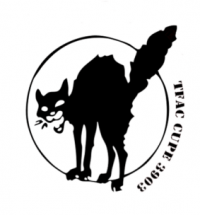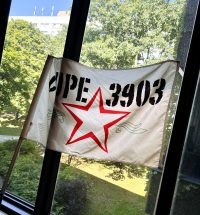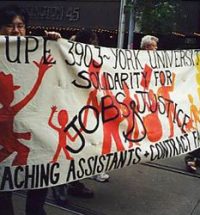As a new member, it can feel like there are a lot of different procedures and paperwork to keep track of. But never fear, we are here to help! Below you will find a new member checklist, as well as information about some of the most common first steps new members may want to take.
Are you a new member looking for more details about your rights and benefits? Or a returning member looking to get involved? Or are you simply looking to learn more about CUPE 3903?
There are also unit-specific Handbooks for 2025-2026 for Units 1, 2, and 3.
General Membership Meetings (GMMs) are the highest decision-making body of the union. That is because you, as a member, are the real decision-maker of this union. All important decisions are made by vote (see below).
Stewards’ Council is the political mobilization branch of the union. Stewards and interested members come together to discuss issues, plan political actions, and identify grievances. Stewards’ Council (SC) meetings generally take place once a month. Stewards are expected to attend SC meetings but all members are also welcome to attend and participate in them.


The Trans Feminist Action Caucus (TFAC) is an autonomous body of CUPE 3903 that consists of all women, trans, gender queer and gender variant members of the Local.

The Black and/or Indigenous and/or People of Colour* (BIPOC) Caucus is an informal group that has been established to respond to the ongoing need for community, networking, and support.

This section has been organized to introduce members of CUPE 3903 to the numerous committees that are part of the union, and include descriptions of their focus, mandate and composition.

The Alternative Restructuring Research Team (ARRT) meets biweekly to critically examine the financial claims and decision-making driving the severe cost-cutting, ballooning class-sizes, and administrative bloat at York. Contact the Lead Steward Unit 2 at cupe3903chiefstewardunit2@gmail.com to get involved!
CUPE 3903 represents the contract faculty, teaching assistants, graduate assistants, and research assistants, part-time librarians and archivists, and Canadian Observatory on Homelessness workers at York University.